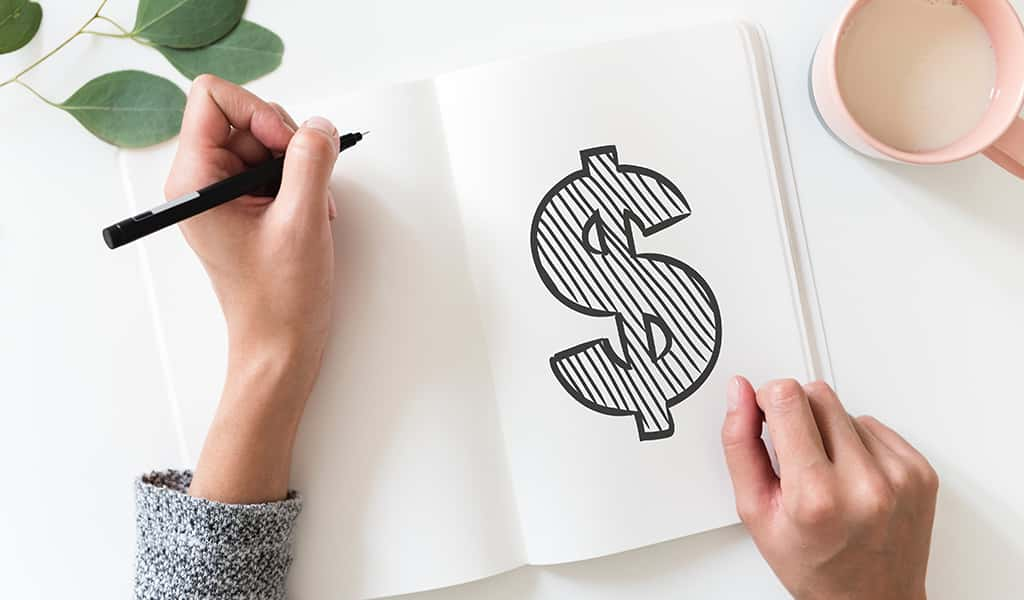Dollars for data
How researchers are rewarding users
The products and services we use every day are made increasingly better by the data we provide marketers, brands, and researchers. But do we deserve more?
In today’s world, everything from your puppy portraits to the route your ride share driver takes are being tracked. Sporting a step counter, pre-ordering your pumpkin spice latte on-the-go, even the sultry sounds you select on Spotify – in almost every aspect of our daily lives, meaningful data is being collected and influencing the future products and services sold back to us.

The data we provide [ideally] result in more accurate, tailored solutions provided back, but should we be rewarded further for the data we’re providing? When Caddle users were asked this, 89% said “of course!” The research and reward model is one that Caddle has helped pioneer and polish in Canada, and thanks to peers following a similar model, the world is becoming fairer for users sharing tidbits of their preferences online.
Here at Caddle, we employ a simple and effective cashback model: businesses pay to feature ads and ask questions to our users, our users collect cash for watching ads and answering questions, and we earn a small amount in handling the overall transaction and providing an easy-to-use platform. The benefits of our solution are immediate: businesses pay for ads that actually get attention, and users are rewarded for their valuable time and data.

Other Canadian companies have embraced this collegial approach to data, too. Carrot Rewards focuses on wellness, integrating with fitness apps like Fitbit and then rewarding users for steps via existing loyalty programs such as Aeroplan, Petro Canada Petro Points and Cineplex Scene. Along the way, users have the opportunity to earn more rewards via surveys (commissioned by external partners), not dissimilar to Caddle.
Peer-to-peer goods trading network Bunz recently embraced both cryptocurrency and the research/reward model with the release of BTZ (pronounced like “bits”), a currency that Bunz users can use in trades or at local businesses who accept it for payment. Users can further earn BTZ by answering single-question surveys from Bunz each day.

Whether or not global social media giants like Facebook and Instagram will adopt similar reward-focused research models remains to be seen, but as publications like The New York Times and The Economist are poised to help challenge the digital world, we’ll keep doing our part.
